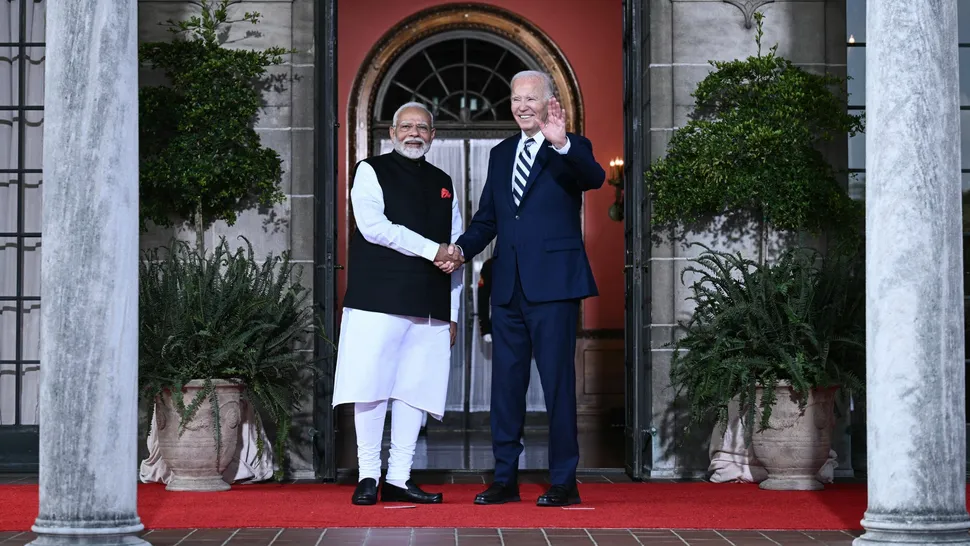The United States Space Force is partnering with the Indian government to establish a new factory that will manufacture semiconductors, which are microchips essential for building next-generation technologies.
Space-based sensors and spacecraft (not to mention nearly all computers, TVs, mobile phones, cars, game consoles, etc.) rely on semiconductors. The integrated circuits are perhaps more commonly referred to as microchips, or simply “chips.” They are the “brains” that nearly every modern electronic device relies on. However, for years, the world has faced a global semiconductor supply shortage — and that shortage peaked in 2021 during the COVID-19 pandemic.
Meanwhile, U.S. Space Force leaders have been hammering home the fact that the service needs new cutting-edge technologies in order to out-compete its competitors. To help the U.S. develop and acquire those technologies, the White House and the government of India signed the “U.S.-India Comprehensive Global and Strategic Partnership” this week, part of which includes a “strategic technology partnership” between two Indian technology firms and the U.S. Space Force that will help establish a new semiconductor factory in India.
The factory will develop chips for use in “advanced sensing, communication, and power electronics for national security, next generation telecommunications, and green energy applications,” according to a White House statement, which calls the agreement the “defining partnership of the 21st century.”
Specifically, the factory will be aimed at developing infrared, gallium nitride and silicon carbide chips, which are some of the most advanced forms of semiconductors. Gallium nitride (or GaN) chips can be incorporated into spacecraft with innovative instruments like synthetic aperture radar, for instance, and used to create communication systems with “five- to ten-fold signal strength and data transmission rates” compared to previous technologies, according to the European Space Agency.
Beyond in-space sensing and communications, GaN technologies are also being incorporated into terrestrial radar systems and electronic warfare platforms, which are used to disrupt, deny, or degrade the use of radio, radar, infrared or other frequency bands of the electromagnetic spectrum.
The U.S. Space Force has been testing portable satellite jammers in recent years and even creating units dedicated to targeting other nations’ spacecraft with electronic warfare systems. As the service looks to expand its ability to project force and protect its own units from such attacks, the need for new technologies that depend on a steady supply chain of next-generation semiconductors will only grow.
The need for new cutting-edge technologies isn’t the only reason the U.S. Space Force and White House are partnering with India to develop a new semiconductor factory.
Currently, the world’s largest producer of semiconductors is Taiwan, but geopolitical tensions with China have been compelling Western nations to seek new supply chains elsewhere. China claims Taiwan as part of its own, and fears of a Chinese invasion of the island nation have been rising for years.
To that end, President Biden signed the CHIPS Act in 2022, which provided $52.7 billion of American investment in semiconductor manufacturing and research to “keep the United States the leader in the industries of tomorrow.”
This week’s partnership with India stems from that act.
Source: https://www.space.com/us-space-force-india-semiconductor-factory



